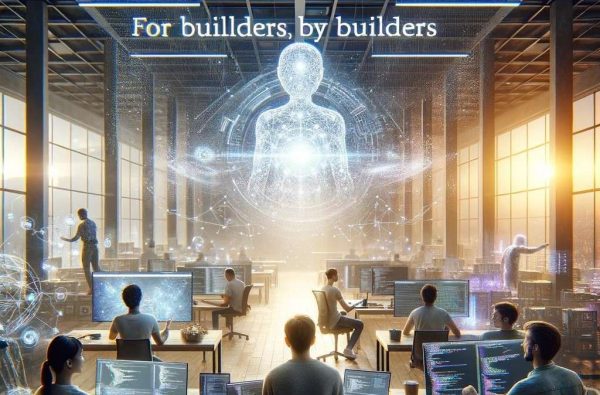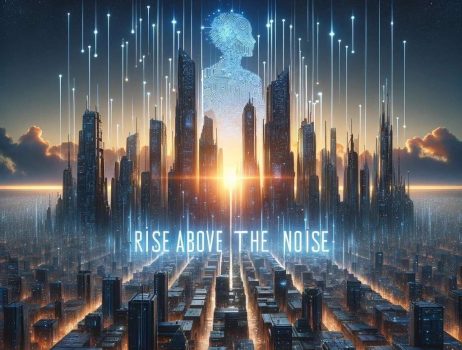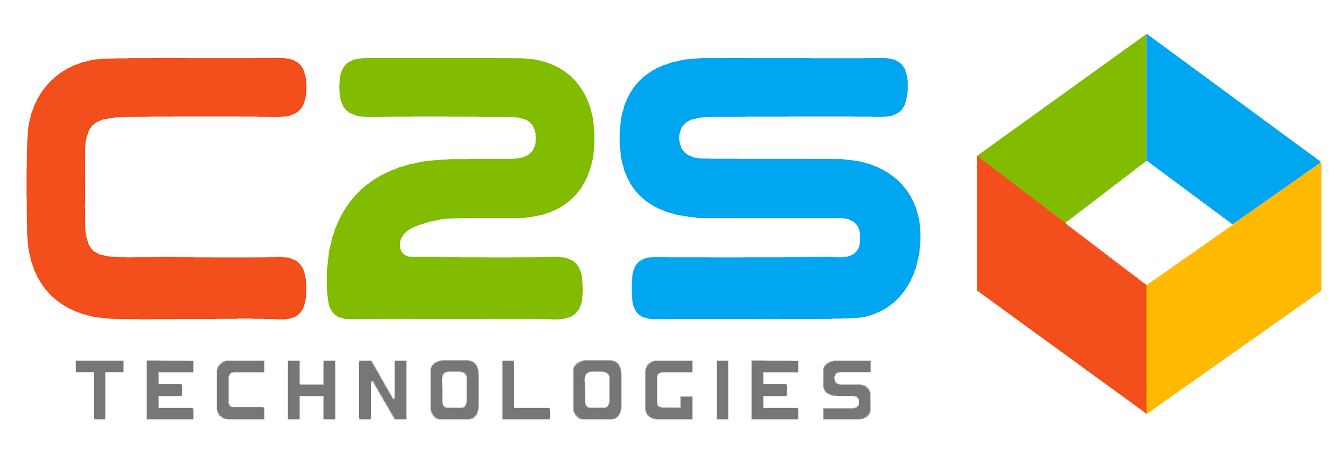AI Engineering Workshop
Live in Seattle
A weekend of immersive learning
May 10th 4:00 PM to May 12th 9:00 PM
Join us at
Archer Hotel in Redmond, WA
( Food and Drinks are included )
For Builders, by Builders
Through a series of hands-on projects and deep-dives, participants are immersed into real-world challenges and breakthroughs that define modern AI development. It’s an environment where the tools meet the boundless possibilities of AI, encouraging not just learning, but the actual doing.

Workshop Highlights
Step-by-step Recipes
Learn ready-to-use recipes to quickly identify use cases, build solutions, and deliver customer value through a rapid iterative approach.
Hands-On Projects
Engage in practical, real-world AI projects to apply what you’ve learned in a tangible way.
Community Connection
Network with a vibrant community of professionals, enthusiasts, and peers who share your passion for AI.

Rise above the noise
Our curriculum is designed to cut through the noise, focusing on actionable skills and real-world applications. We aim to empower you with the ability to sift through the evolving AI landscape, distinguishing fleeting trends from transformative innovations.
You’ll learn not just to navigate but to innovate, employing rapid iterations to swiftly bring ideas to life and deliver substantial value to customers.
"AI won’t replace Humans – but Humans with AI will replace Humans without AI ."
Karim R. Lakhani Professor, Harvard Business School
Join Us
Al’s ever-changing field levels the playing field for those driven by curiosity and innovation. Our workshop is open to all – from expert engineers to eager high schoolers. In Al’s fast-paced realm, fresh ideas matter as much as experience.
We aim to create a welcoming space for learning and innovation, regardless of background.
Recommended prerequisites: Some Python knowledge, familiarity with software development, and a basic understanding of linear algebra.
Curriculum
Schedule
Presenters
Venue
FAQs
Sign up for updates to stay informed


